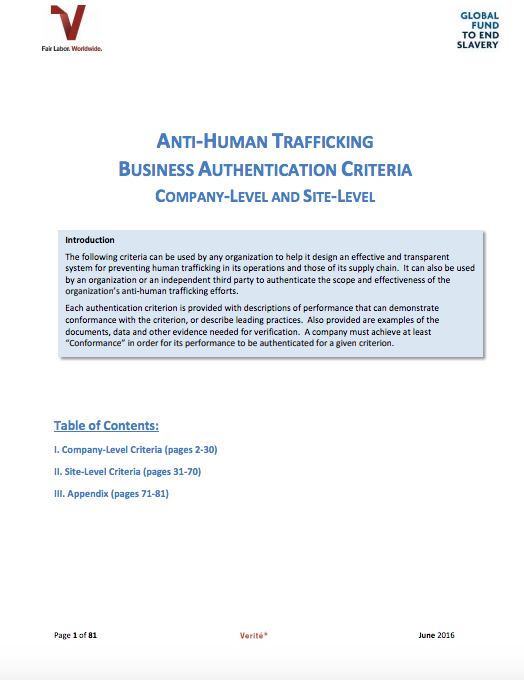The war in Ukraine and associated risks of human trafficking and exploitation: Insights from an evidence-gathering roundtable
GuidanceOn 24 February 2022 the Russian Federation launched a full-scale invasion of Ukraine. It marked a major escalation in the conflict in Ukraine’s Donbas region that has been ongoing since Russia illegally annexed Crimea in 2014. Many milli...Read More

